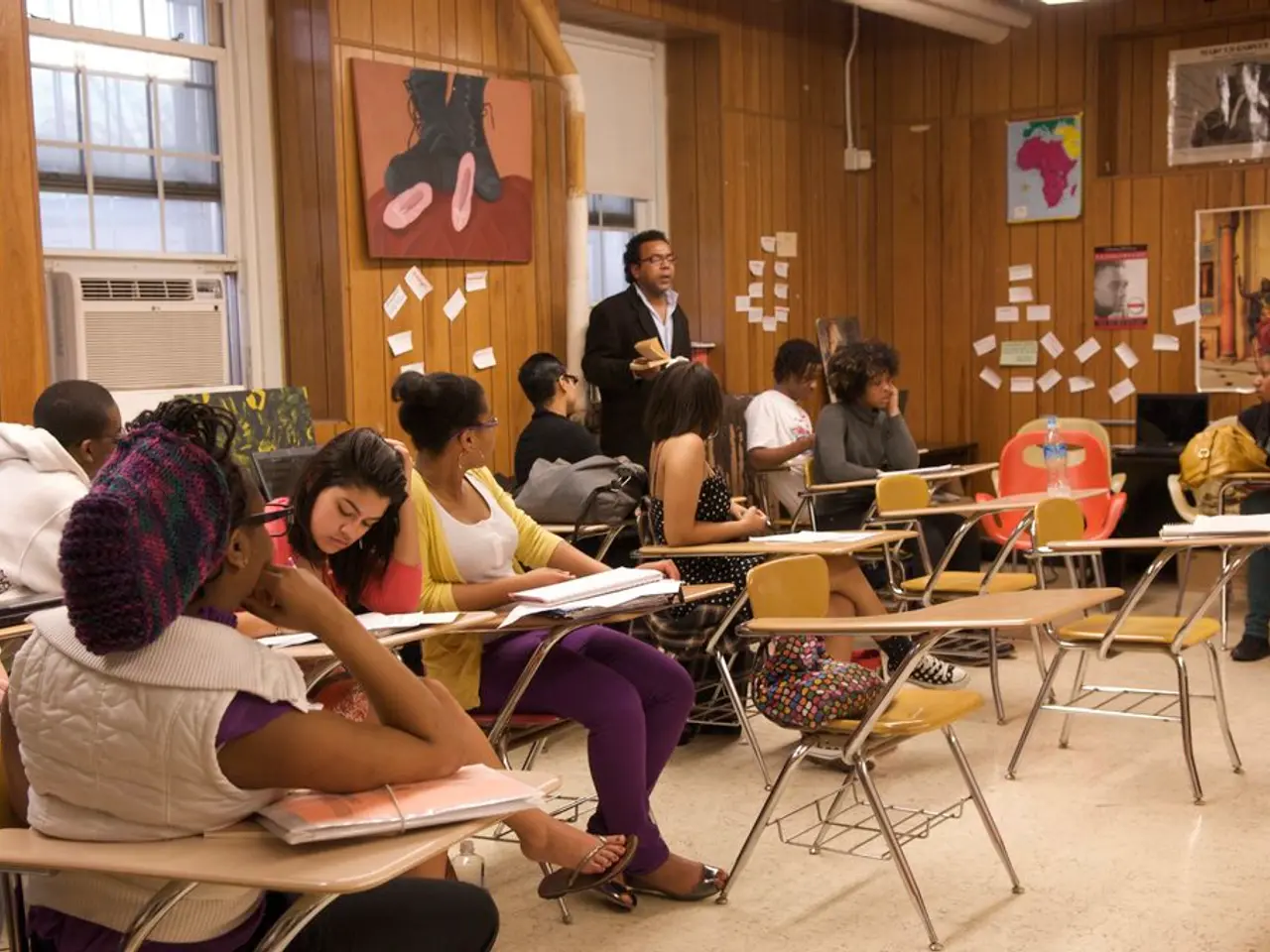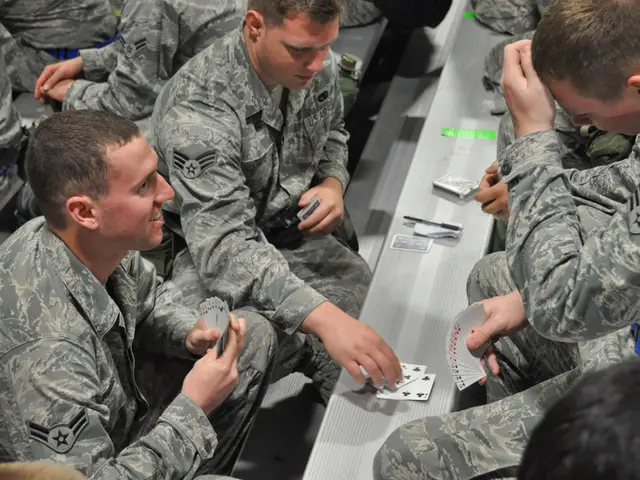AI has arrived. Could it take over educator roles?
In the realm of education, the topic of artificial intelligence (AI) has been a subject of much discussion. The Idaho Superintendent of Public Instruction, Debbie Critchfield, has proposed a novel perspective: viewing AI as a tool that can aid in addressing the long-standing teacher shortage.
The teacher shortage is a well-documented issue, with educators citing strict time demands, persistent behavioral issues, and lack of administrative support as obstacles. The shortages are particularly prevalent in areas such as science, technology, engineering, mathematics (STEM), and special education. According to the Learning Policy Institute, approximately 150,000 teaching positions in the United States are expected to be either unfilled or occupied by teachers without full certification in 2025.
Many districts are embracing AI in schools, but only if it is used appropriately and with academic integrity. The School District of Philadelphia, for instance, is implementing AI 101 Training for teachers, school leaders, and the superintendent to learn from AI together, rather than banning it. AI is seen as a tool that can assist teachers, helping them plan lessons, grade students' essays, and serving as a "time saver".
However, there are concerns about the potential impact of AI on employment. A Pew Research Center study found that 31% of AI experts expect artificial intelligence to lead to fewer jobs for teachers, with nearly a third of experts surveyed predicting that AI will place teaching jobs "at risk" over the next 20 years.
Despite these concerns, education experts, including Eric Jenkins, Indiana's 2024 Teacher of the Year, believe that teachers need to embrace AI's capabilities. Jenkins argues that AI lacks the human element of what teachers do, such as making sure students feel seen and heard. He suggests that AI could end up replacing "some parts" of teaching, but not as a replacement.
The White House encourages K-12 students to use AI, but stresses that it should complement work, not replace it. First lady Melania Trump has even launched an AI contest challenging students to develop projects that use AI to address community challenges.
In conclusion, the integration of AI in education is a complex issue. While there are concerns about its potential impact on employment, many believe that AI can be a valuable tool in addressing teacher shortages and enhancing learning. It is crucial for educators to approach AI with wisdom, ensuring it is used appropriately and with academic integrity.








